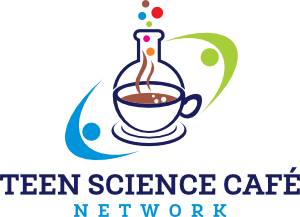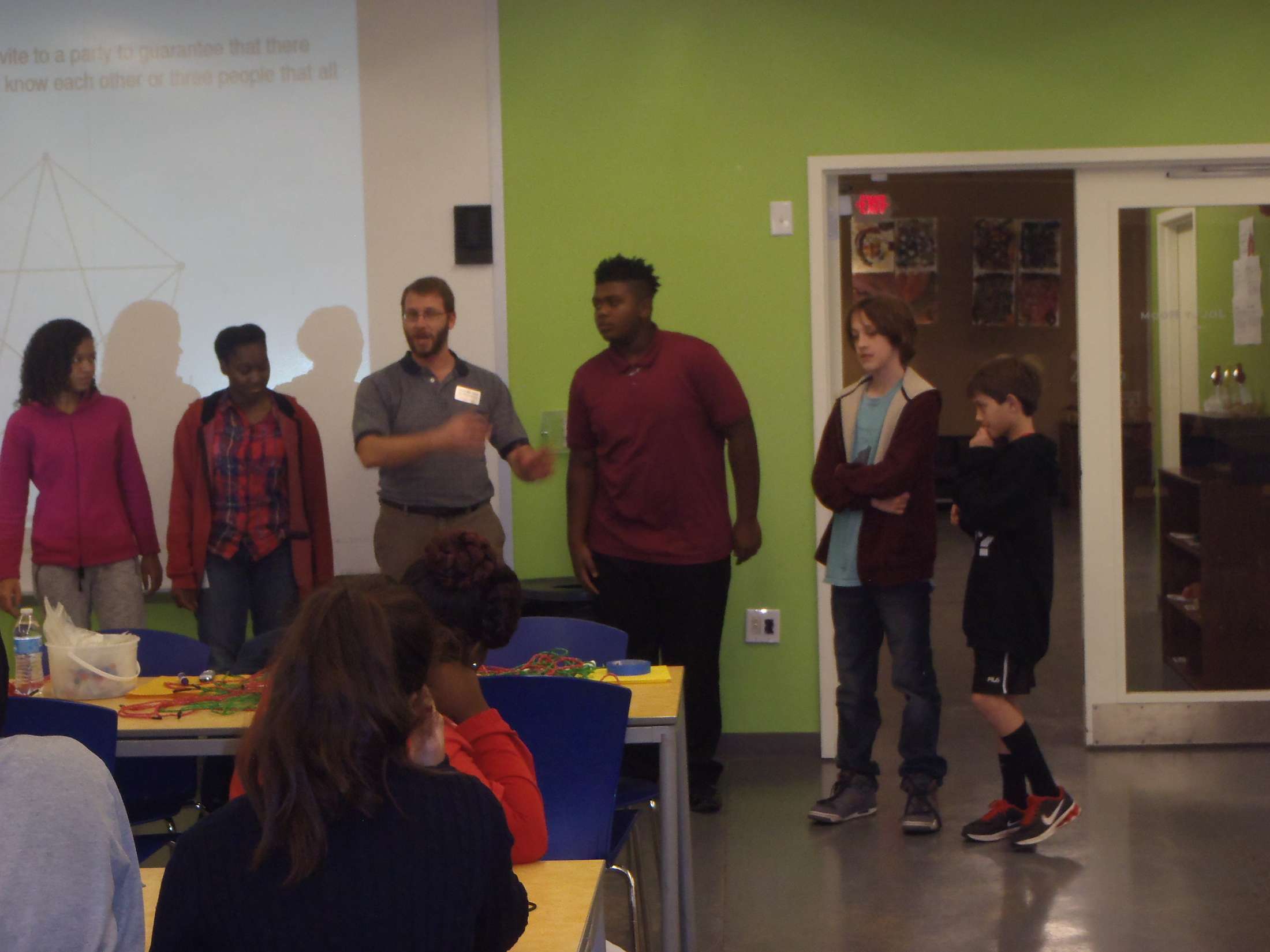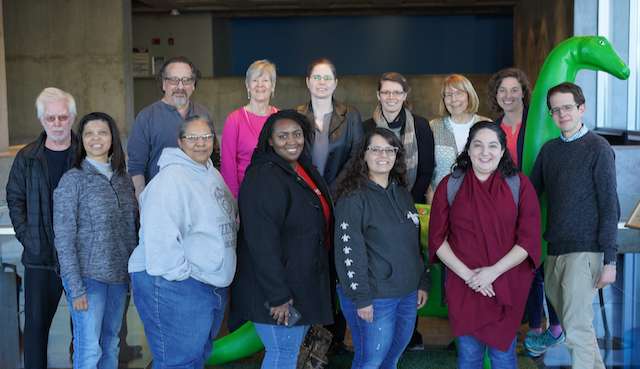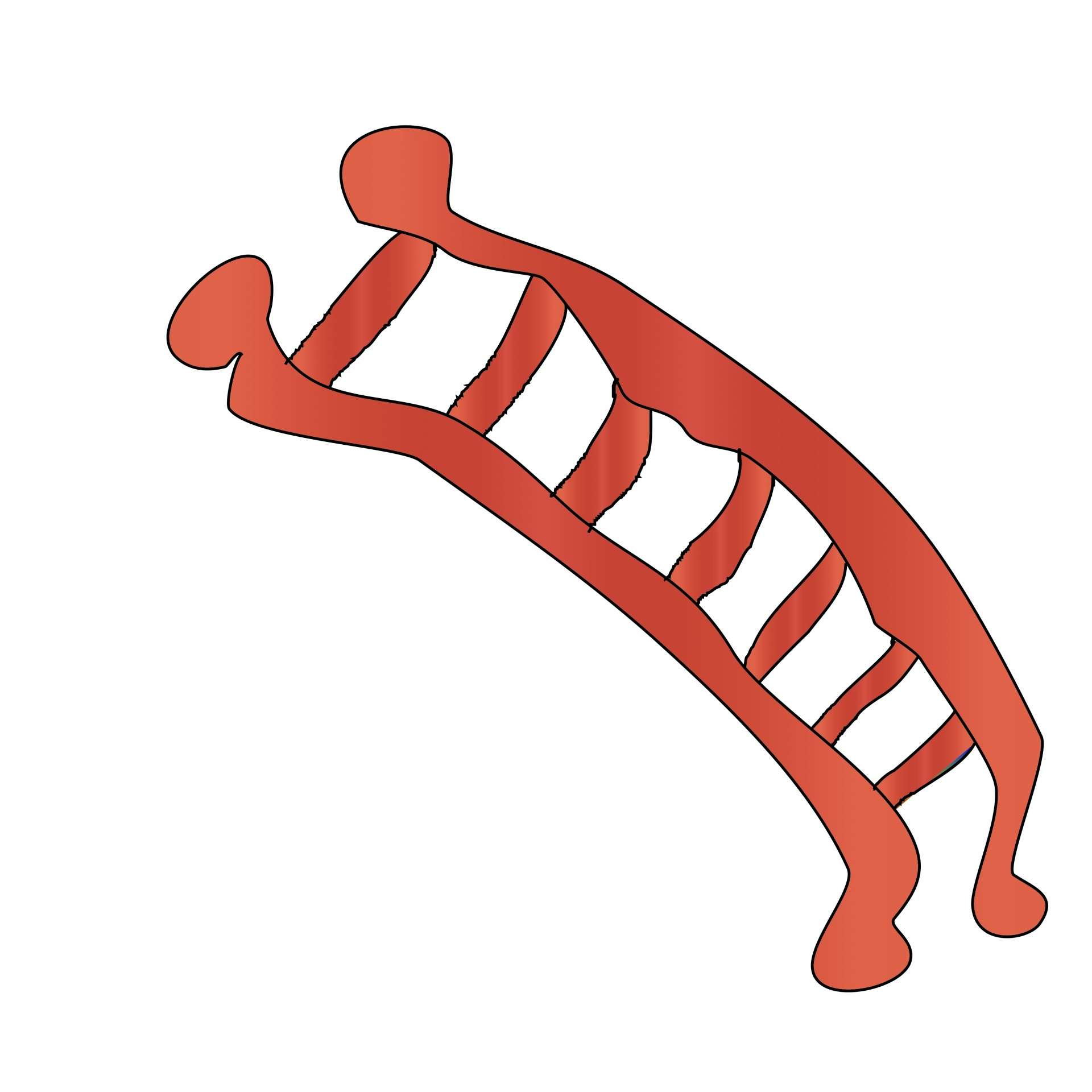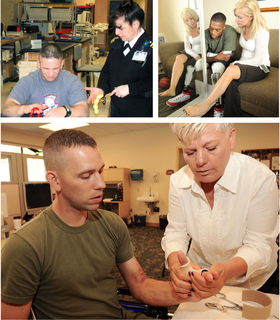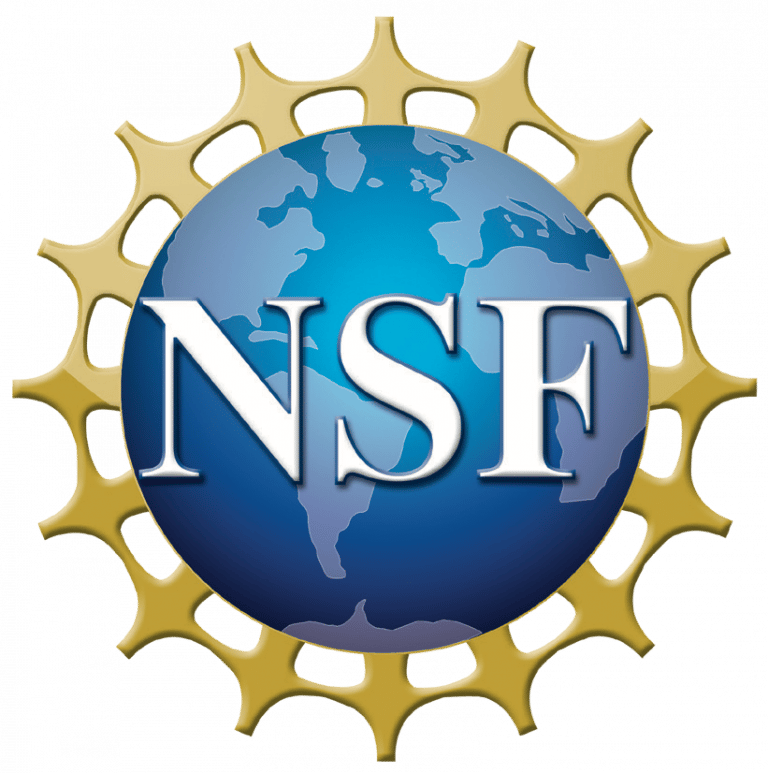In the Teen Science Cafe Network, we ask a lot of scientists who give their time and energy to our teen science café events. We ask them to write a short bio about their pathway into science starting around the time they were teenagers until their mid-to late 20s when they typically had settled into their career path. Then we ask them to write a short essay in plain language to help them start thinking about the teen audience and how to engage them, as well as to provide some teaser material to use in our marketing to the teens. We provide guidance on how to frame their essay and bio.
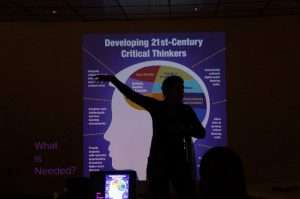 After that, we ask them to do a dry run of their presentation with a small group of teen leaders who are there to give support and advice about what about the topic will most connect with their peers. Then, they do the program! It is a lot to ask, so we wondered, what do the scientists get out of this experience? The comments below reveal that these very busy people are pretty positive about the whole experience. The comments below were responses to a survey of our scientists after completing their café.
After that, we ask them to do a dry run of their presentation with a small group of teen leaders who are there to give support and advice about what about the topic will most connect with their peers. Then, they do the program! It is a lot to ask, so we wondered, what do the scientists get out of this experience? The comments below reveal that these very busy people are pretty positive about the whole experience. The comments below were responses to a survey of our scientists after completing their café.
The Value of a Dry Run
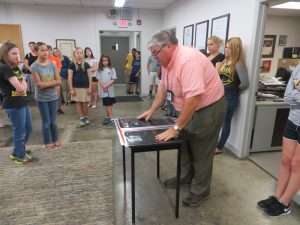 “[The dry run] was crucial to prepare my presentation at the right level. I believe that dry-runs and feedback are very important for all presenters. It is necessary to know better who is the audience and what are the expectations.”
“[The dry run] was crucial to prepare my presentation at the right level. I believe that dry-runs and feedback are very important for all presenters. It is necessary to know better who is the audience and what are the expectations.”
“[The dry run had a] tremendous impact. The staff and students who provided feedback on the dry run have clearly had a lot of experience doing so, and could probably be called experts in public communication of scientific research. I learned quite a lot from them on how elements of my presentation would come across to a non-scientific audience, things I had not thought of before that I will be able to use in the future as I communicate my research.”
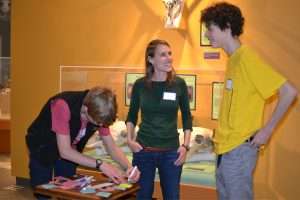 “The dry run was immensely valuable. It helped me select appropriate verbiage and content for the presentation. It also helped me gauge the level of delivery. Furthermore, I found the student input extremely important in identifying what their peers would find interesting. After the dry run, I made significant changes to the presentation, including the elimination of confusing content, identification of real-world connections, and simpler examples.”
“The dry run was immensely valuable. It helped me select appropriate verbiage and content for the presentation. It also helped me gauge the level of delivery. Furthermore, I found the student input extremely important in identifying what their peers would find interesting. After the dry run, I made significant changes to the presentation, including the elimination of confusing content, identification of real-world connections, and simpler examples.”
“I think it fundamentally changed my presentation and approach, which was a great learning experience. I still regularly use slides I made for the Café just because they are so clear and concise.”
“The dry run was invaluable. Without the input from folks who know high school students well I would have bombed on the first night. I would have talked about network protocols or something, and probably bored the students to tears.”
What I Gained From the Overall Experience of Presenting at a Teen Science Café
One of the most significant benefits expressed by presenters in the Café Scientifique Teen Science Café was a recognition that effectively communicating their science has fed back into their thinking about their own research….
“Both the preparation period (with the dry run and the “telling stories” workshop) and the presentations themselves were challenges that taught me a lot about giving a technical presentation to a non-technical audience. I also emphasize that participating in the whole process and interacting with the youth was very enjoyable.”
“I found the Café experience very helpful, as it forced me to focus on the really basic elements of my research and how to communicate them. This is a skill that is important not only for engaging with the community, but also for engaging with decision-makers and funding agencies. In addition, since I am a social scientist and my presentation included an exercise asking students to evaluate the resilience of their own communities to disasters, I gained useful information from the students on the resilience of New Mexico communities. This helped me think more clearly about some of the main issues in disaster resilience.”
“The Café experience was beneficial to me as a scientist in that preparing an interactive talk for an audience of young people helped me identify the critical issues in my work: why I was doing it, why it is challenging, what we are trying to accomplish (vs. being bogged down in technical details). This really focused my thoughts about my work.”
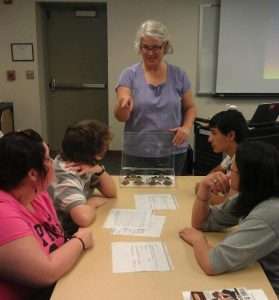
“It helped me to understand how the next generation of adults will think about issues in which science intersects with public policy. In my area, nuclear waste disposal, there is a significant component of societal input into the controversial issue of what to do with radioactive that will pose a hazard far into the future. I learned that issues of long-term stewardship as well as inter-generational equity resonate strongly with teens. Inasmuch as radioactive waste disposal is an inter-generational topic, it was highly instructive to me to learn that teens feel a long-term responsibility for ensuring that their generation takes responsibility for future generations, given that people today are the ones benefiting from the electricity generated with nuclear power.”
“Professionally, I feel it improves my ability to teach to a broad range of people. Sometimes trying to explain science in more simplistic terms helps me see the questions and potential new means of investigating them in a fresh and helpful light.”
“It helped me to think about the basics of my research and discipline, and to rephrase the essence of it in simple terms. It was helpful for subsequent presentations for a lay audience.”
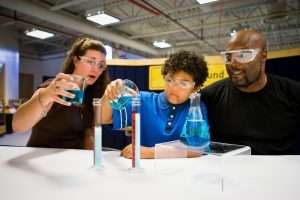 “I think that the most beneficial part of presenting to the students was to see the true curiosity and love of learning new things that the students expressed. Their enthusiasm for learning was contagious. I was concerned that some of the students might be a bit hesitant to view and handle a human brain, which was a part of my presentation. Instead, they were quite curious and that portion of the session lasted longer than I anticipated.”
“I think that the most beneficial part of presenting to the students was to see the true curiosity and love of learning new things that the students expressed. Their enthusiasm for learning was contagious. I was concerned that some of the students might be a bit hesitant to view and handle a human brain, which was a part of my presentation. Instead, they were quite curious and that portion of the session lasted longer than I anticipated.”
“It takes a lot of energy and effort…but it was really, really rewarding…I got a lot out of it.”
